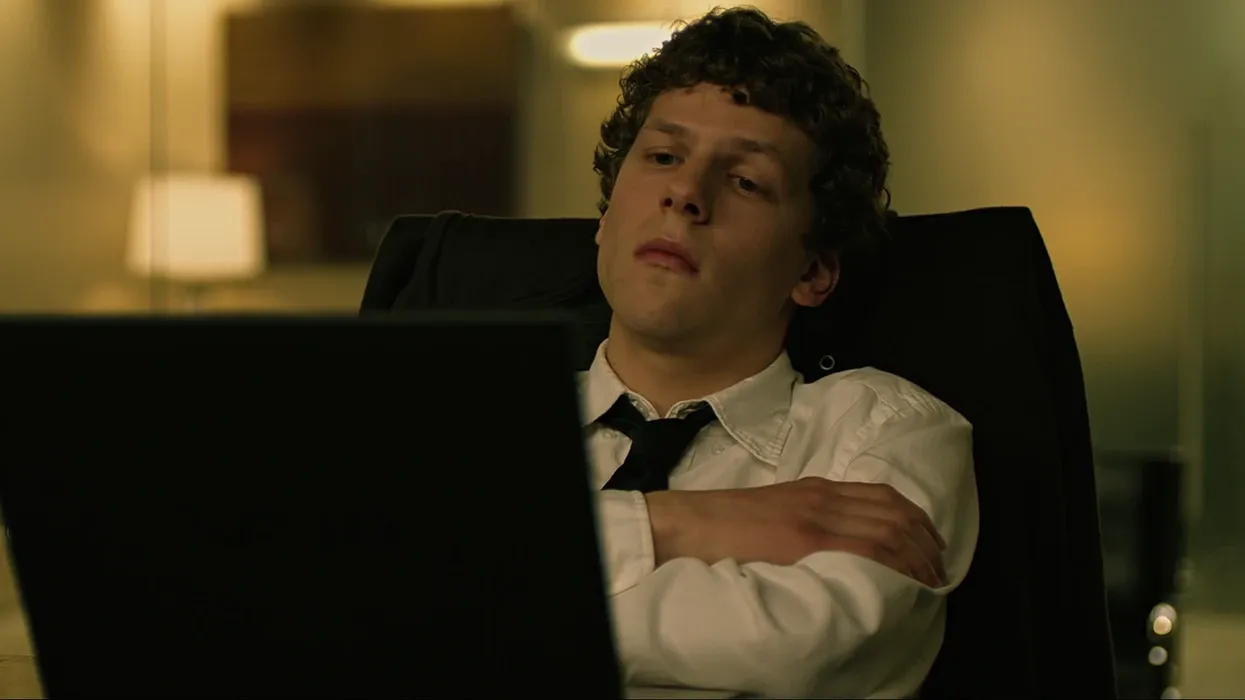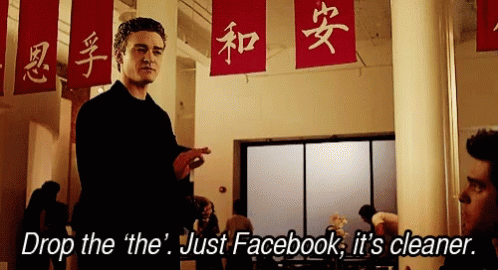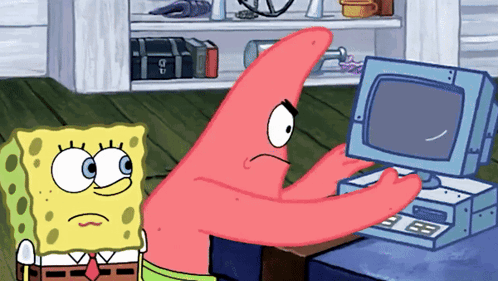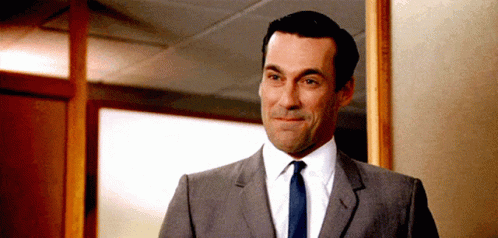Why I'm Rethinking Social Media: Dopamine, Negativity, and the Attention Trap
Lately, I've been noticing how social can shape my moods, my habits, and even how I spend my evenings. The more I learned, the clearer it became that what feels like harmless scrolling might not be so harmless after all.

If you've been enjoying the Copper Den, please consider subscribing so that the next post gets delivered straight to your inbox!
I’m trying something new. I’m going to do a multipart series for the first time.
I’ve recently been grappling with my relationship with social media, and it just seems like too big a topic to tackle in one post.
This first post will focus on why I’m reconsidering my relationship with social media.
Some Good, A Whole Lotta Bad
There are inherently good things about social media.
You can find events online. People can unite for good. You can make friends you would’ve never made and stay in contact with people halfway around the globe.
Social media is also responsible for a lot of bad.
A 2021 Facebook leak revealed how Meta engineers were consciously aware of the negative impact apps like Instagram had on teenagers.

Furthermore, Meta employees confirmed that their algorithms don’t understand the difference between what’s true and fake, prioritizing instead content (harmful or not) that promotes engagement.
When reading about these leaks, I was surprised I barely recalled hearing about them in the news. These are some dangerous ideas to just let slip through the cracks.
A Tool Is All About How You Use It
Lask week, I wrote about the importance of tools over dreams.
Social media can be a tool. You can use it to learn almost anything.
Social media is the rare tool that can use you too. I dread the day a hammer picks me up and slams me against the wall, but Instagram is constantly trying to get me to buy things and show me ads.
Unfortunately, it’s easy to fall into the camp of getting used by social media. At least for me.
The Evening Routine
By the time I get home from work and the gym, I’m tired. I have things I want to do (like working on this blog), but somehow social media calls to me.
It’s a Siren shouting ever so quietly from the shore couch begging me to come closer and closer until my brain is fogged an hour later after scrolling through dozens of Instagram Reels I won’t remember.

While the lure of social media is so enticing, I almost always feel worse after one of these episodes. I know I’d feel a lot better if I didn’t go through this scrolling habit, but it feels so hard to combat.
This fight isn’t entirely in my head either. Or rather, it’s what’s going on in our heads that makes it so difficult to break out of.
Dopamine and You
Many of us know that social media affects our brains. I’m sure many of us have heard social media compared to a slot machine, where scrolling through a feed acts the same way as pulling the slot’s lever.
Social media floods our brains with dopamine, more than you’d get from doing everyday activities like working out or reading.
The problem is that what goes up, must come down.
The higher you go with dopamine, the more intensely you crash. This excessive release of dopamine in the brain causes us to plummet far below the baseline when we’re not using social media.
The brain will try to balance itself out by matching the dopamine spike with a valley. Scarily, this dopamine deficit “manifests as depression and anxiety do, mimicking the same symptoms and feelings.”
It's not an exaggeration when it’s said that social media can make us miserable.
Anger Leads to Clicks
You’d think that all this dopamine spiking while scrolling would lead us to engage with happy content online, maybe.
That would also be wrong.
Engagement online is king, which shouldn’t come as a surprise, but negativity just gets us more engaged.

A Harvard Business School professor Amit Goldenberg and his colleagues reviewed more than 140,000 Tweets from 44 news agencies back in early 2020 with the help of a sentiment analysis tool. They found that negative content was roughly 15% more likely to engage an audience than positive content.
This was consistent across news organizations, regardless of political leaning. Both sides leverage negativity to drum up engagement, and negative engagement volumes are consistent across the political spectrum.
A part of myself knows I fall into this trap.
Social Media Isn’t Constructive Criticism
A recent example that comes to mind is the online discourse surrounding season 2 of The Last of Us(specifically Bella Ramsey’s portrayal of Ellie).
The comments were rarely constructive, instead preferring to make fun of Bella’s appearance and how they don’t look like the spitting image of a video game character. This was on Reddit, so maybe I shouldn’t have been too surprised.
Feeling my anger rise, I couldn’t help but scroll through these comments. Maybe I was looking for someone to defend Bella, but I kept going. Like it or it not, I found these negative comments engaging.
I was focusing more on the bad than the good.
Who’s Really the Product?
A saying that has grown ever more common is that “if you’re not paying for the product, you are the product.”
It’s an all-too-common business model for social media. The fact that these platforms are free seems like a win for us, the consumers.
These companies aren’t making a benevolent decision but rather a financially prudent one. The only reason these platforms are free is because there’s an even greater reward for capturing you and your attention.

According to a recent survey, 76% of social media users acknowledge that a social media platform has influenced them to make a purchase in the past six months.
How many of us has this happened to either directly (via something like the TikTok Shop) or indirectly (when Instagram presents an all-too-convenient ad)?
The goal of these platforms is to capture our attentions and keep us scrolling. The more we scroll, the more ads we see, and more money leaves our pockets. Eventually, they know that they’ll wear us down.
A Relationship Review
Social media is incentivized to keep you scrolling (hence the dopamine rushes and anger engagement) so that they can show you more things that will ultimately make them money.
I think it’s important to look at it as a relationship. Social media isn’t entirely negative.
I’m not going to tell you to throw your phone in the ocean and run away to live off the grid. There is plenty good that social media provides.
A lot of content I consumed on YouTube and other apps encouraged me to start this blog. There is educational and valuable content on social media.
It's also important to consider the bad.
I find that many of these cons of social media fly under the radar. I didn’t know many of these things until I sought them out.
Just knowing some of these things might give you the power you need to revisit your relationship with social media.
Next week, I’m going to dive into some of the things I’ve been doing to reorient my relationship with social media.
Do you like your relationship with social media? What are some good things you take away from the apps? Some bad?
